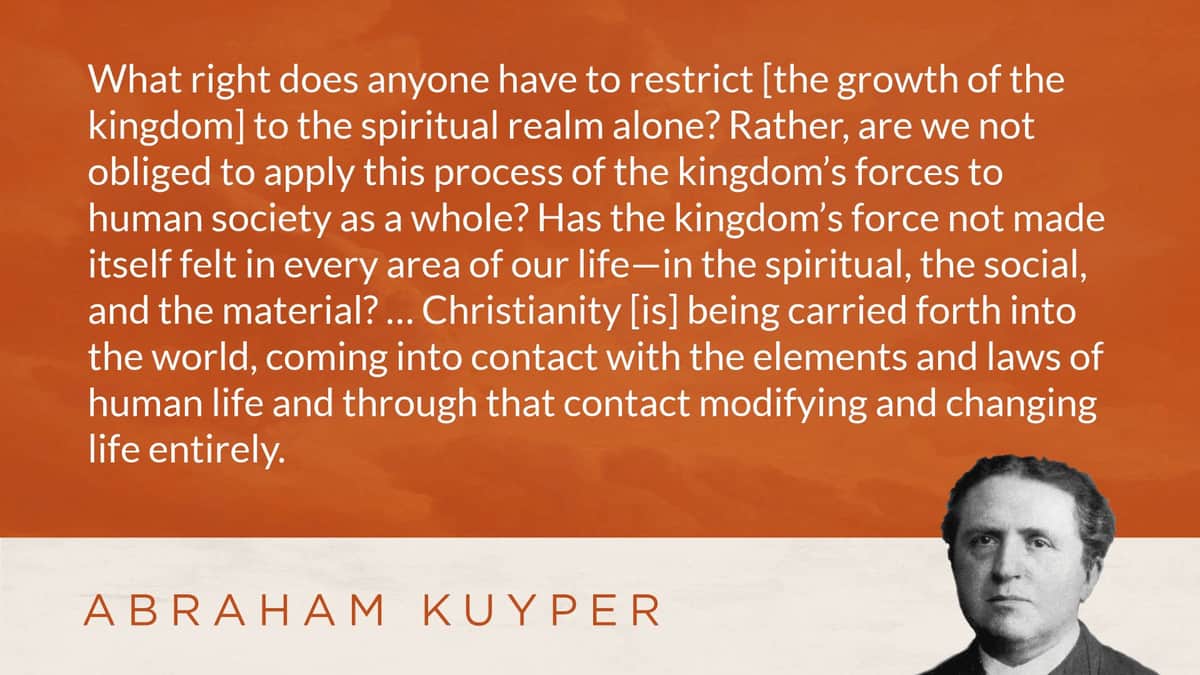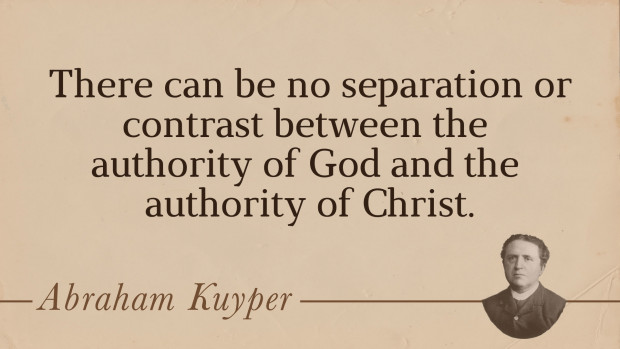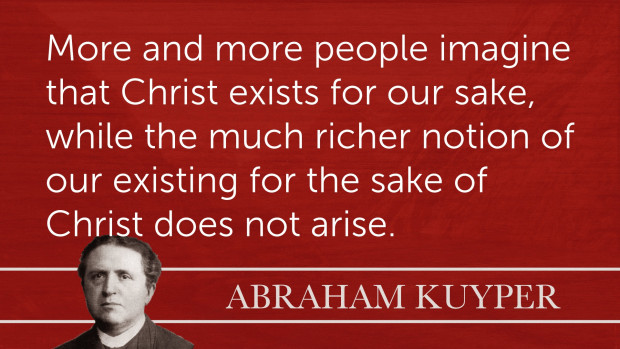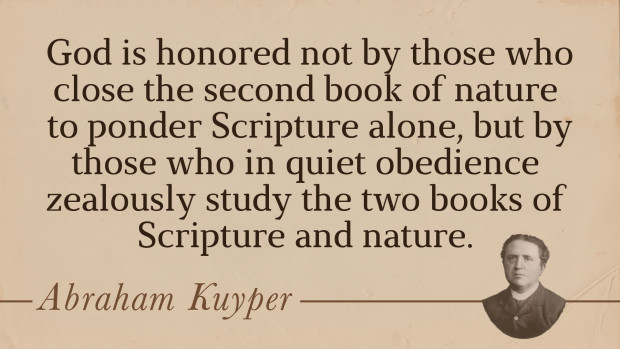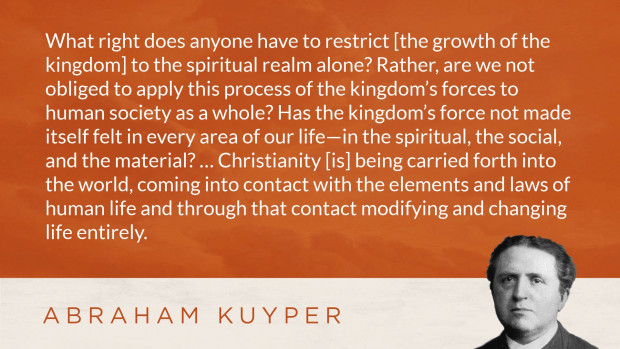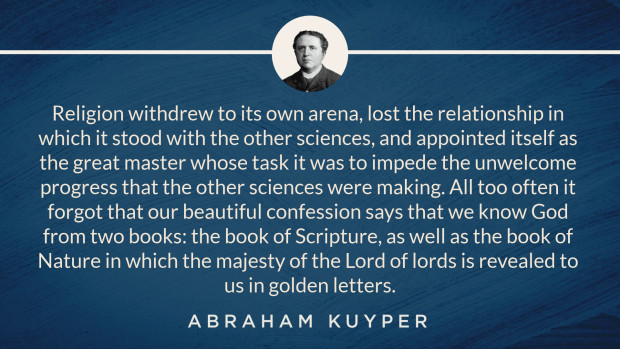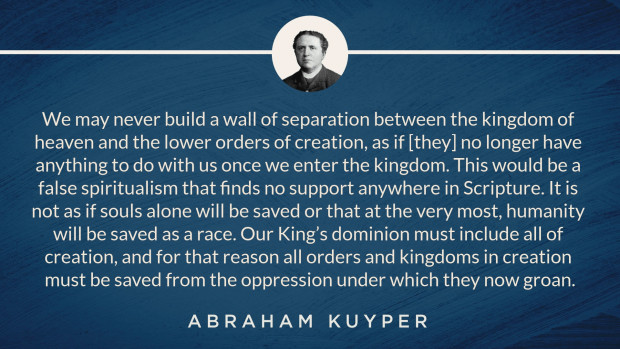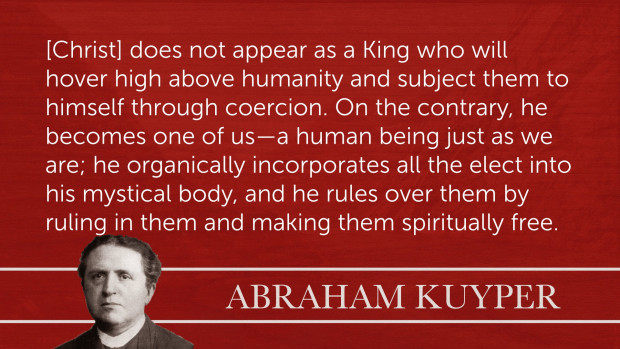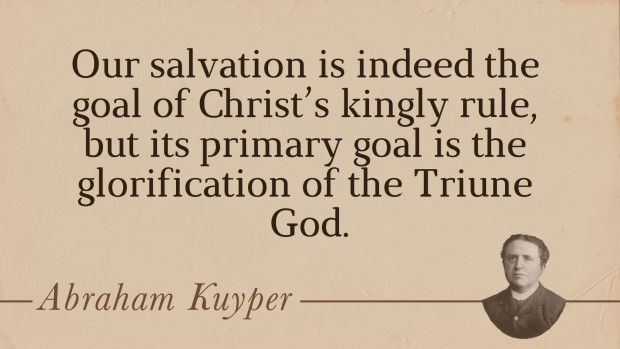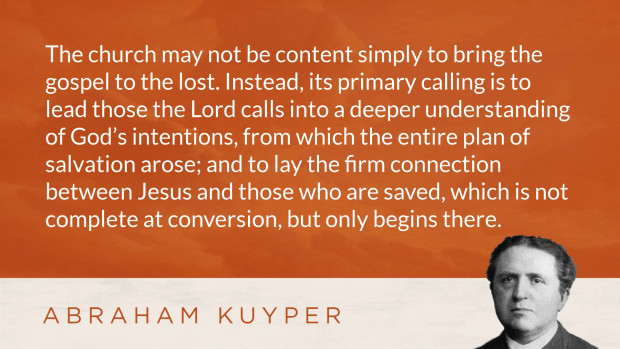Abraham Kuyper was one of the most extraordinary individuals of his time. A prolific intellectual, theologian, and politician, he devoted much of his writing towards developing a public theology. His passion was to faithfully understand and engage culture through a Christian worldview. In his view, seeing Jesus as King is foundational to bridging the gap between the believer’s life inside the church and outside the church.
In Pro Rege, Kuyper argues that Christians can only engage culture fully when they realize that Jesus is the ruler of the world. The insightful and challenging reflections found in this volume have great relevance to modern Christians as we wrestle with the same questions Kuyper was in his day. And for the first time ever, volume one of this classic work is available in English. We’re so excited that his stimulating reflections are available in English that we’ve pulled together 10 of his most poignant quotes to share with you.
Here are Kuyper’s 10 most thought-provoking quotes from Pro Rege, vol. 1:
“There can be no separation or contrast between the authority of God and the authority of Christ.”
“More and more people imagine that Christ exists for our sake, while the much richer notion of our existing for the sake of Christ does not arise.”
“God is honored not by those who close the second book of nature to ponder Scripture alone, but by those who in quiet obedience zealously study the two books of Scripture and nature.”
“What right does anyone have to restrict [the growth of the kingdom] to the spiritual realm alone? Rather, are we not obliged to apply this process of the kingdom’s forces to human society as a whole? Has the kingdom’s force not made itself felt in every area of our life—in the spiritual, the social, and the material? … Christianity [is] being carried forth into the world, coming into contact with the elements and laws of human life and through that contact modifying and changing life entirely.”
“Religion withdrew to its own arena, lost the relationship in which it stood with the other sciences, and appointed itself as the great master whose task it was to impede the unwelcome progress that the other sciences were making. All too often it forgot that our beautiful confession says that we know God from two books: the book of Scripture, as well as the book of Nature in which the majesty of the Lord of lords is revealed to us in golden letters.”
“While humanity may withdraw from God’s authority, the Lord in his sovereign design places his hand on one part of the human race time and again, incorporates it into his covenant, subjects one generation after another to his majesty within that covenant, and thereby brings nearer and nearer the rise of the kingdom of heaven over against the kingdom of the world.”
“We may never build a wall of separation between the kingdom of heaven and the lower orders of creation, as if [they] no longer have anything to do with us once we enter the kingdom. This would be a false spiritualism that finds no support anywhere in Scripture. It is not as if souls alone will be saved or that at the very most, humanity will be saved as a race. Our King’s dominion must include all of creation, and for that reason all orders and kingdoms in creation must be saved from the oppression under which they now groan.”
“[Christ] does not appear as a King who will hover high above humanity and subject them to himself through coercion. On the contrary, he becomes one of us—a human being just as we are; he organically incorporates all the elect into his mystical body, and he rules over them by ruling in them and making them spiritually free.”
“Our salvation is indeed the goal of Christ’s kingly rule, but its primary goal is the glorification of the Triune God.”
“The church may not be content simply to bring the gospel to the lost. Instead, its primary calling is to lead those the Lord calls into a deeper understanding of God’s intentions, from which the entire plan of salvation arose; and to lay the firm connection between Jesus and those who are saved, which is not complete at conversion, but only begins there.”
Get volume one Abraham Kuyper’s classic work Pro Rege—available in English for the first time ever. This book is available in print or digital format, or you can get it as part of the Abraham Kuyper Collected Works in Public Theology 12-volume collection.

